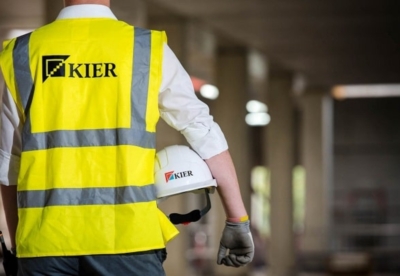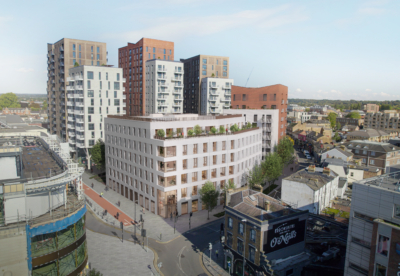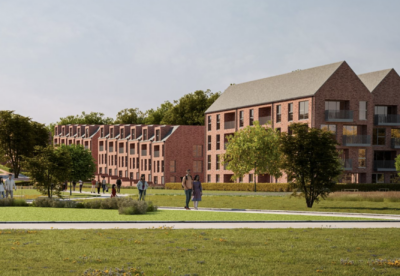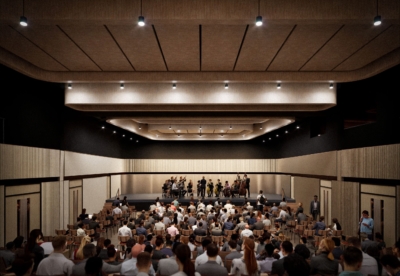Unite fears that the majority of builders will miss out on industry initiatives for more flexible work patterns.
Unite national officer Jerry Swain said: “Of course Unite recognises the benefits of flexible working but for the vast majority of those in the construction industry such policies are not relevant or applicable.
“Site workers in construction companies’ contract supply chains will either not be eligible for flexible working schemes or can’t use them as they have to be at work at set times.
“If construction is truly serious about improving the work life balance of its entire workforce then it must tackle the long hours culture.
“In order for such a policy to be successful it needs to address pay rates and the tenure of workers.
“The failure of employers to agree an appropriate pay structure, combined with a hire and fire approach for each job, results in workers feeling forced to work all hours they possibly can, as they never know when the next job will begin and what rates of pay they can obtain.
“If the industry is serious about tackling the long hours culture then it should seriously look at how jobs are programmed, with a view to removing the reliance on Saturday working.
“Weekend working should only be undertaken when a task cannot be carried out in the week or it is required to bring the job back on programme.
“Construction workers should have the same rights to be able to spend time with their loved ones, to relax and recover from seriously demanding work, as the rest of society.
“For far too many construction workers long hours is a constant grim reality that has to be endured and this must change if the industry is ever going to become more attractive to a younger more diverse workforce.”





.gif)












































.png)






 MPU 300_250px.gif)